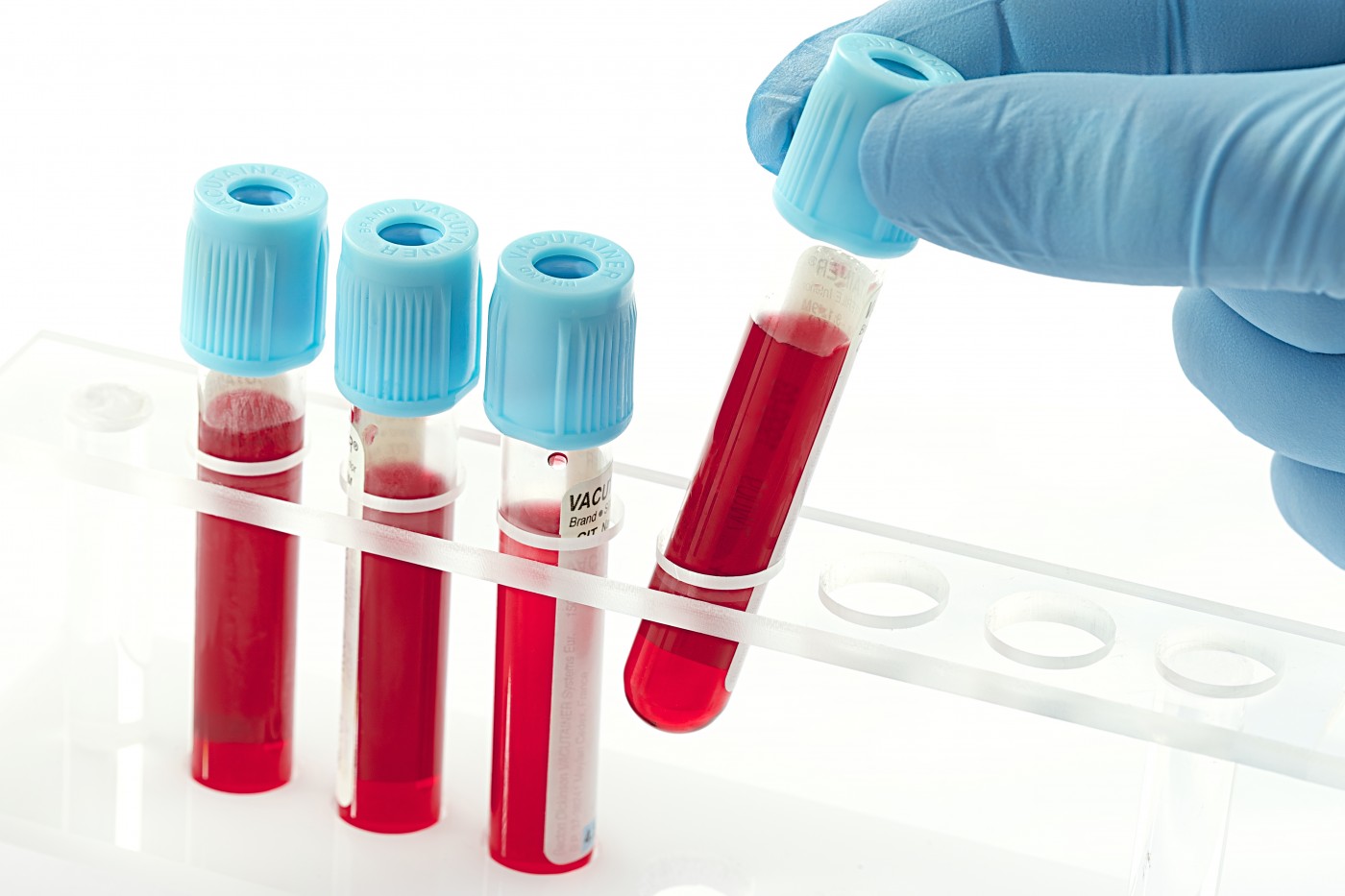A new research laboratory will be established at the UC San Francisco Diabetes Center thanks to a $10 million gift granted by The Parker Foundation. The facility will be focused on increasing the understanding of autoimmune conditions to find new treatments for diseases like rheumatoid arthritis, type 1 diabetes and multiple sclerosis, as announced by the university in a press release.
The lab will be named the Sean N. Parker Autoimmune Research Laboratory at UCSF in honor of the Silicon Valley entrepreneur and philanthropist Sean Parker who created the foundation, and headed by UCSF’s Jeffrey A. Bluestone, PhD, who is among the most recognized immunologists in the world. This is the second time this year that Sean Parker has given financial support to UCSF, with the previous $4.5 million donation used to establish the UCSF Global Health Group’s Malaria Elimination Initiative.
“I believe that it is critical to significantly expand our understanding of autoimmune disease mechanisms in order to accelerate the development of new therapies that improve treatments and reduce costs,” said Parker. “I’m confident that under the leadership of Dr. Bluestone, this research initiative will transform our approach to autoimmune diseases and result in improved outcomes for millions of patients.”
The new facility will be created to fight the burden of the more than 80 autoimmune diseases, which affect about 14 to 22 million people in the country, according to the National Institutes of Health (NIH). This type of disease has an increasing incidence and costs the state roughly $100 billion in treatment every year. Rheumatoid arthritis alone represents costs of $19.3 billion.
Despite extensive research conducted in autoimmune diseases, its underlying causes are still not fully understood, which delays the drug development process. Bluestone has been one of the major contributors in accelerating the development of new therapies by working on the concept of immune tolerance. His work is focused on halting or preventing autoimmune diseases and preserving the capacities of the immune system instead of suppressing immune function. These types of treatments are also intended to reprogram the immune system to increase its effects.
“Today, no area in biomedical research is more vibrant than immunology, and those who suffer from autoimmune diseases stand to benefit,” explained UCSF Chancellor Sam Hawgood, MBBS. “Sean Parker’s generous gift empowers Dr. Bluestone and colleagues to apply novel approaches to drive the development of precise, targeted therapies for a broad array of conditions related to autoimmunity.”
Due to Blustone’s research in the field of immunotherapies and T cell activation, numerous treatments have been created, such as CTLA4Ig (Abatecept) for patients with rheumatoid arthritis or the FDA-approved drug targeting T cell co-stimulation to treat autoimmune disease and organ transplant rejection, Belatacept. His most recent work aims to understand the importance of regulatory T cells (Tregs) in autoimmune diseases. The team led by Blustone will study direct Treg cell-based therapies as well as drugs such as IL-2, anti-CD3 and others that shift the balance from a disease-causing immune response to one that is dynamically controlled. The researchers also plan on studying new therapies for immune consequences following organ transplantation and even for non-immune diseases, like heart disease, muscular dystrophy and obesity. In addition, the university believes the new lab will improve their immunology expertise, as the UCSF graduate program in immunology is already considered one of the best in the country.
“I am grateful for the generosity and foresight of The Parker Foundation in supporting autoimmunity research,” stated Bluestone, who serves as the A.W. and Mary Margaret Clausen Distinguished Professor of Metabolism and Endocrinology and director of the UCSF Hormone Research Institute, and who previously founded and directed for 10 years the Immune Tolerance Network, the largest NIH-funded multicenter clinical immunology research program, and worked as Executive Vice Chancellor and Provost at the University of California San Francisco.
“The progress over the past two decades in our understanding of the immune dysregulation that results in autoimmunity has been extraordinary, and points us in the direction of immune regulation as a direct target for disease intervention. This gift truly inspires us to tackle the biggest challenges in immune tolerance in the autoimmunity setting and will ensure that critical advances can be achieved more rapidly in the lab and translated to new treatments for the millions around the world with these harmful conditions.”


